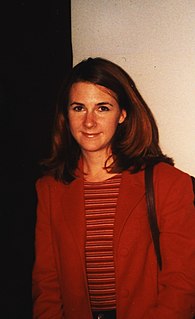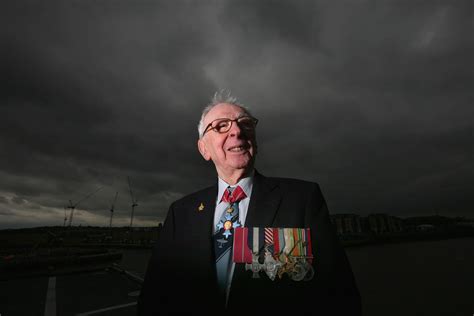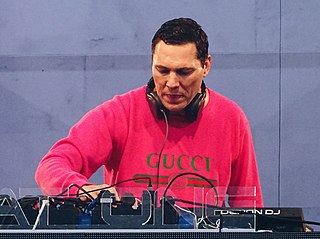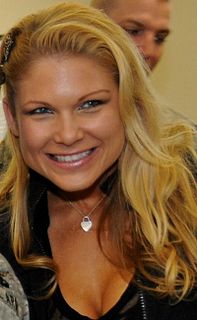A Quote by Tabitha Soren
Online, you have things like Slate Magazine, which has a lot of commentary and analysis of stories, so it gives you a fuller picture. I would compare that to a news magazine or the New Republic.
Related Quotes
You look at, like, a 'People' magazine, which used to be a really good, you know, nice magazine you could go to for real stories. It wasn't like a 'Star' or an 'US Weekly' and they have somebody with plastic surgery on the cover, Heidi Montag. And it's obviously what consumers want, because why else would they be doing it?
I was co-editor of the magazine called The Jazz Review, which was a pioneering magazine because it was the only magazine, then or now, in which all the articles were written by musicians, by jazz men. They had been laboring for years under the stereotype that they weren't very articulate except when they picked up their horn.
When I was doing my research for 'Branded,' I'd meet groups of teenagers and preteenagers or tweens, and they would laugh at a magazine spread in a women's magazine or teen girl magazine and say, 'I'd never buy this outfit. I know these girls are starving themselves.' But they probably would go out and buy the thing eventually.
I set up this magazine called Student when I was 16, and I didn't do it to make money - I did it because I wanted to edit a magazine. There wasn't a national magazine run by students, for students. I didn't like the way I was being taught at school. I didn't like what was going on in the world, and I wanted to put it right.
I was interested in creating things that I could be proud of and so, you know, I was interested in being an editor of a magazine, things that I could be proud of, and so, you know, I was interested in being an editor of a magazine, but in order to be an editor of a magazine I had to become a publisher as well. I had to pay the bills. I had to worry about the printing and the paper manufacturing and the distribution of that magazine.

































